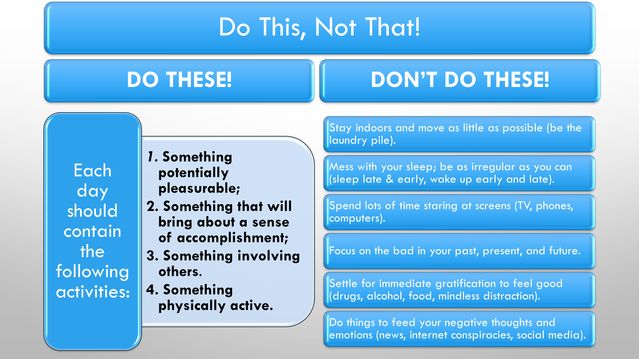27 Jun 4 healthy habits for happiness and wellbeing
I’ve been saying for quite some time now that enjoying happiness requires little more than practising a few simple disciplines, each and every day.
In other words, you can enjoy more happiness by building healthy habits; and here’s a great article outlining 4 simple strategies…
via Psychology Today by Thomas Rutledge
To predict your future, you need not consult a fortune teller or learn to read tea leaves; you need only make an honest assessment of your current habits. For better or for worse, our habits shape our present circumstances and foretell our future success. To quote Ben Franklin, “Your net worth to the world is usually determined by what remains after your bad habits are subtracted from your good ones.”
Even though poor habits are the source of many personal problems and the ambition behind many failed New Year’s Resolutions, there is a reason for optimism. Although we don’t get to choose our parents or many of the things that happen to us, our habits are eternally moldable. Habits are both our most important responsibility and our best opportunity for a better life. Even during times of difficulty, developing better habits can guide us to greater success as effectively as the North Star can guide a lost traveler. Unfortunately, most people try to change their habits through willpower and self-discipline alone when what they need is to combine their willpower with an effective habit-building plan. Recognizing that no single habit plan works for everyone, this post summarizes four effective plans for building habits that can improve our health and happiness levels.
1. The “Do This, Not That!” Plan
Illustrated in books such as Dr. Paterson’s How to Be Miserable and in some amusing YouTube videos (e.g., “7 ways to maximize misery”), the “Do This, Not That!” plan is based on the logic that the best way to overcome bad habits is to replace them with better habits. Just as nature abhors a vacuum, unless bad habits are replaced with better alternatives, it is usually just a matter of time before the old habit returns. The “Do This, Not That” plan works by identifying specific types of activities for us to engage in each day to establish them as health and happiness-promoting habits, while simultaneously decreasing or eliminating common health and happiness-eroding habits. The image below provides an example.

…keep reading the full & original article HERE

